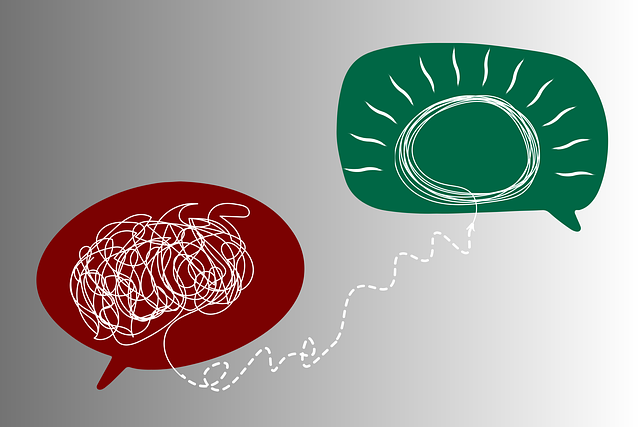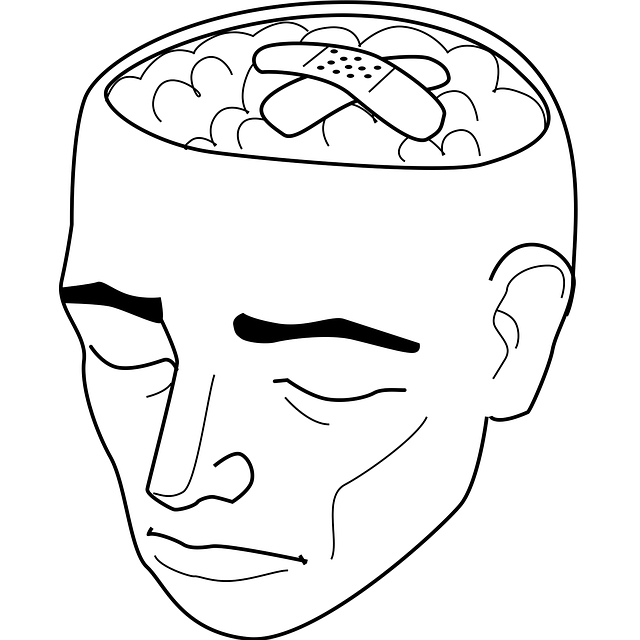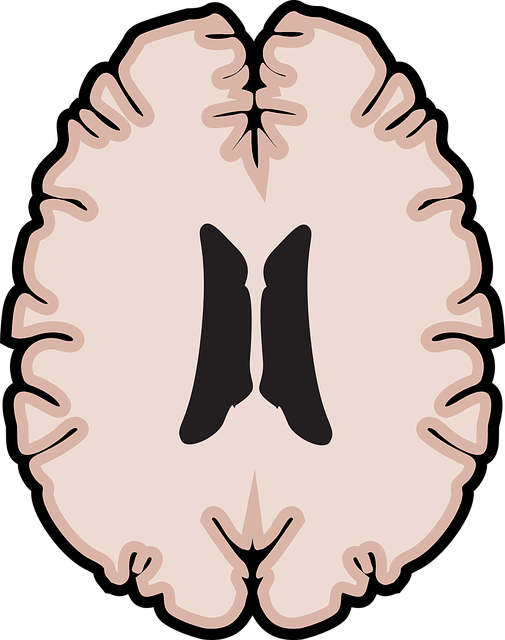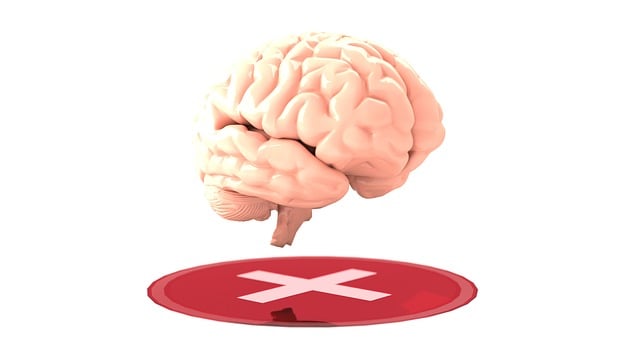Crisis Intervention Teams (CITs) play a vital role in mental health support, de-escalating high-risk situations and connecting individuals with long-term care. Superior ADD-ADHD Evaluations Therapy, which goes beyond traditional diagnoses, is a game-changer in CIT training. This therapy integrates detailed assessments, social skills training, empathy building, and compassion cultivation to effectively manage crises. Key training methods include evidence-based Mind Over Matter Principles, confidence boosting strategies, depression prevention, and mindfulness meditation. Robust CIT training involving regular updates, workshops, simulations, supervision, and holistic approaches improves crisis resolution outcomes by enhancing de-escalation techniques, active listening, cultural sensitivity, and tailored support.
In today’s challenging social landscape, effective crisis intervention teams (CITs) are a vital resource in mental health support. This comprehensive guide explores the essential components of CIT training programs, with a particular focus on the role of superior ADD-ADHD evaluations and therapy approaches. We delve into strategies for enhancing these programs, ensuring professionals are equipped to handle diverse crises. From understanding team dynamics to implementing evidence-based therapies, this article provides valuable insights for optimizing crisis intervention services.
- Understanding Crisis Intervention Teams: A Vital Resource in Mental Health Support
- The Role of ADD-ADHD Evaluations in Crisis Team Training
- Effective Therapy Approaches for Crisis Intervention Programs
- Implementing and Optimizing Crisis Intervention Team Training Programs
Understanding Crisis Intervention Teams: A Vital Resource in Mental Health Support

Crisis Intervention Teams (CITs) are a vital resource in mental health support, offering swift and specialized assistance during moments of crisis. These teams typically consist of trained professionals from various backgrounds, including paramedics, police officers, and mental health specialists. Their primary role is to de-escalate high-risk situations, provide immediate support, and connect individuals with ongoing care. By integrating CITs into emergency response systems, communities can enhance public safety and ensure that people in crisis receive the appropriate help.
The effectiveness of CITs lies in their ability to bridge the gap between acute intervention and long-term therapy. While traditional evaluations may focus on diagnosing and prescribing medication, superior ADD-ADHD evaluations therapy goes beyond, emphasizing comprehensive assessment and tailored support. Public awareness campaigns play a crucial role in promoting mental health literacy, fostering inner strength development, and encouraging individuals to seek help early. Mind over matter principles, when combined with expert CIT interventions, can lead to transformative outcomes, empowering individuals to manage their well-being effectively.
The Role of ADD-ADHD Evaluations in Crisis Team Training

In crisis intervention team training programs, ADD-ADHD evaluations play a pivotal role by providing a comprehensive understanding of individual strengths and challenges. These assessments go beyond traditional diagnostics to offer tailored therapy, enhancing the team’s ability to handle diverse crises effectively. Superior ADD-ADHD Evaluations Therapy not only identifies specific needs but also guides the development of personalized strategies.
Integrating Social Skills Training, Empathy Building Strategies, and Compassion Cultivation Practices within these evaluations empowers crisis teams to foster more meaningful connections during high-pressure situations. By acknowledging and addressing ADHD traits, teams can cultivate deeper empathy, improve communication, and ultimately provide more compassionate support for individuals in distress.
Effective Therapy Approaches for Crisis Intervention Programs

In the realm of crisis intervention team training programs, effective therapy approaches are pivotal to equipping professionals for real-world scenarios. One evidence-based method gaining traction is Mind Over Matter Principles, which focus on empowering individuals with coping strategies that enhance emotional well-being promotion techniques. By teaching participants to manage stress and maintain a positive mindset, these programs foster resilience, enabling them to navigate crises more effectively.
Additionally, superior ADD-ADHD evaluations therapy plays a crucial role in identifying and addressing underlying conditions commonly associated with crisis situations. Integrating confidence boosting strategies within the training curriculum further empowers intervention team members, allowing them to confidently apply learned skills while maintaining composure under pressure. Through these comprehensive approaches, crisis intervention programs can deliver impactful results, ultimately revolutionizing how support is offered during critical moments.
Implementing and Optimizing Crisis Intervention Team Training Programs

Implementing effective crisis intervention team (CIT) training programs is paramount in ensuring that mental health professionals are equipped to handle critical situations seamlessly. These programs should go beyond basic crisis management skills, integrating comprehensive strategies for risk management planning. By incorporating elements such as Superior ADD-ADHD Evaluations and Therapy, along with depression prevention techniques, CIT members can enhance their ability to support individuals facing psychological distress. Mindfulness meditation, as a complementary practice, can significantly contribute to stress reduction and emotional resilience among team members, fostering a more balanced and effective response to crises.
Optimizing training involves regular updates based on the latest research in mental health crisis intervention. It requires interactive workshops, real-life scenario simulations, and ongoing supervision to reinforce learning. A holistic approach that addresses both individual and group dynamics ensures that CIT teams can collaborate effectively during high-pressure situations. This includes teaching de-escalation techniques, active listening skills, and the importance of cultural sensitivity, enabling professionals to provide tailored support and improve overall crisis resolution outcomes.
Crisis intervention team training programs, incorporating superior ADD-ADHD evaluations and evidence-based therapy approaches, are indispensable tools for providing effective mental health support. By optimizing these programs, we can ensure that teams are equipped to handle crises with compassion and professionalism. Integrating diverse therapeutic methods allows for personalized interventions, fostering a more inclusive and successful support system. Through continuous evaluation and adaptation, crisis intervention teams can make a profound impact on individuals’ lives, offering hope and guidance during challenging times.












